Chapter 11
Test Bank
Chapter 11
Test Bank
- 1. Which of the following is true with respect to interpersonal conflict?
- A. It involves independent parties.
- B. It involves perceived scarce resources.
- C. It occurs within oneself.
- D. It is synonymous with disagreement.
- 2. Felix had been angry with his roommate Hector for some time. Hector was always playing his music so loudly that Felix couldn’t concentrate, much less have a conversation on the telephone. Despite his anger, he hadn’t expressed his feelings to Hector. Which of the following is true of this situation?
- A. Hector and Felix are engaged in conflict because Felix’s anger is sufficient to produce conflict.
- B. Hector and Felix are not engaged in conflict because the source of their conflict is not interpersonal.
- C. Hector and Felix are engaged in conflict because conflict can exist “under the surface” for some time.
- D. Hector and Felix are not engaged in conflict because conflict must be expressed.
3. Frank and Samantha just received a large inheritance when Samantha’s grandmother passed away. Samantha said she wanted to use the money to build an addition onto their house. Frank countered that he wanted to buy a more fuel-efficient car. Which of the following is true about this situation?
- A. This is an example of conflict because it involves an expressed struggle.
- B. This is an example of conflict because it involves scarce resources.
- C. This is an example of conflict because it involves incompatible goals.
- D. All of these are true.
- 4. Which of the following is NOT one of the common conflict metaphors identified in your textbook?
- A. conflict is a war
- B. conflict is a dance
- C. conflict is a hammer
- D. conflict is a game
- 5. Which of the following statements accurately reflects the idea of “reframing” a conflict?
- A. Thinking of conflict as a game if you traditionally think of it as a battle.
- B. Engaging in a cooling-off period before you have a conflict discussion.
- C. Trying to see a conflict from someone else’s point of view.
- D. Minimizing your responsibility for a conflict.
- 6. The content dimension of a conflict relates to what?
- A. the implications of the conflict for the relationship
- B. the strategies people use to manage the conflict
- C. the acceptability of the outcome of the conflict
- D. the specific point of contention giving rise to the conflict
- Accessibility: Keyboard Navigation
- Bloom’s: Remember
- Learning Objective: Distinguish between the content, relational, and procedural dimensions of conflict.
- Topic: Conflict and Relationships
- 7. Jon recently stopped a conflict with his girlfriend, Ana, and said to her, “You don’t know how to have a disagreement without losing your temper and swearing!” Ana replied, “Well at least I want to confront the issues instead of avoiding them!” Jon and Ana’s exchange is an example of
- A. the content dimension of conflict.
- B. the relational dimension of conflict.
- C. meta-conflict.
- D. pseudoconflict.
- Accessibility: Keyboard Navigation
- Bloom’s: Understand
- Learning Objective: Define metaconflict.
- Topic: Conflict and Relationships
- 8. Which of the following is NOT one of the health detriments associated with conflict described in your text?
- A. hardening of the arteries
- B. calcium deposits in the kidneys
- C. reduction in the body’s natural killer cells
- D. delayed wound healing
- Accessibility: Keyboard Navigation
- Bloom’s: Remember
- Learning Objective: Explain how conflict can be harmful.
- Topic: Conflict and Relationships
- 9. Research shows that three issues top the list as sources of conflict in romantic relationships. Which of the following is NOT among them?
- A. household chores
- B. relationships with in-laws
- C. personal criticisms
- D. finances
- 10. Which of the following statements about sex and conflict is false?
- A. Women are always taught to be submissive to the demands of men.
- B. Men are generally taught to engage in conflict directly and competitively.
- C. Men are generally taught not to hurt women.
- D. Women might feel the need to fight to obtain necessary resources.


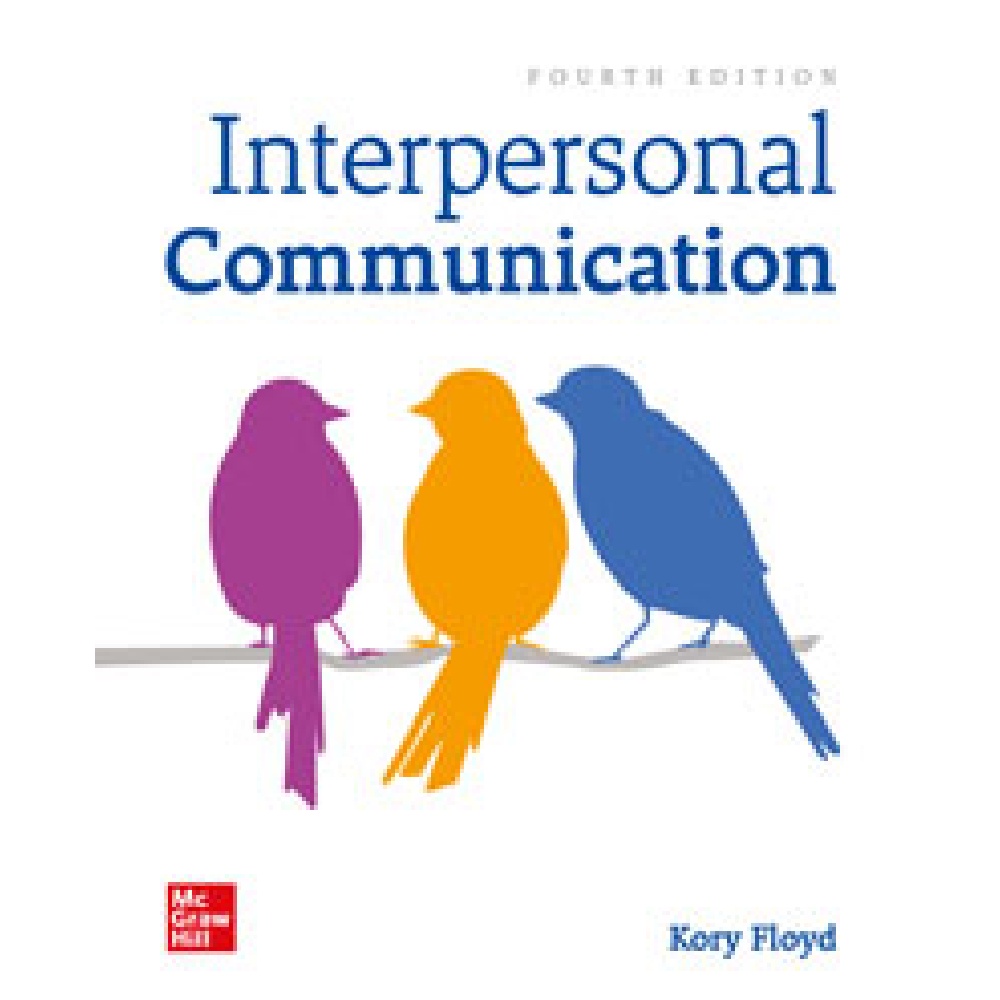


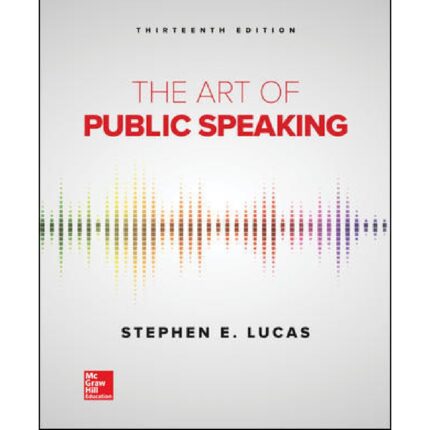


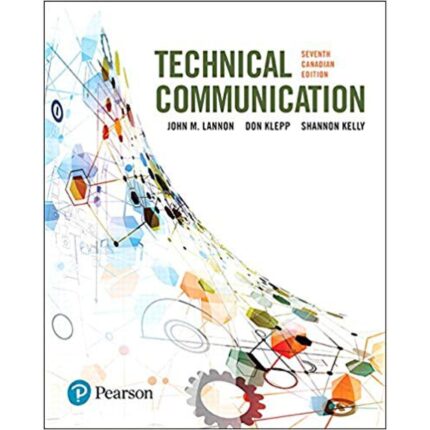


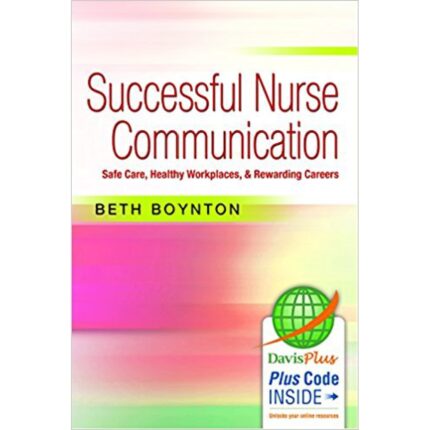
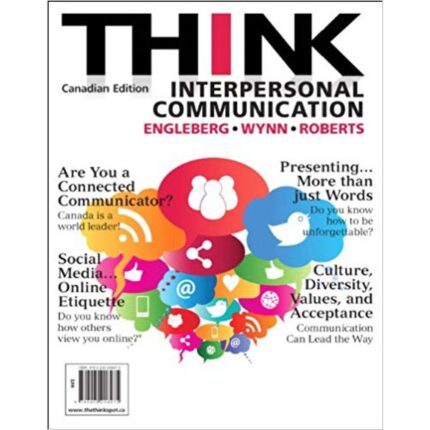
Reviews
There are no reviews yet.